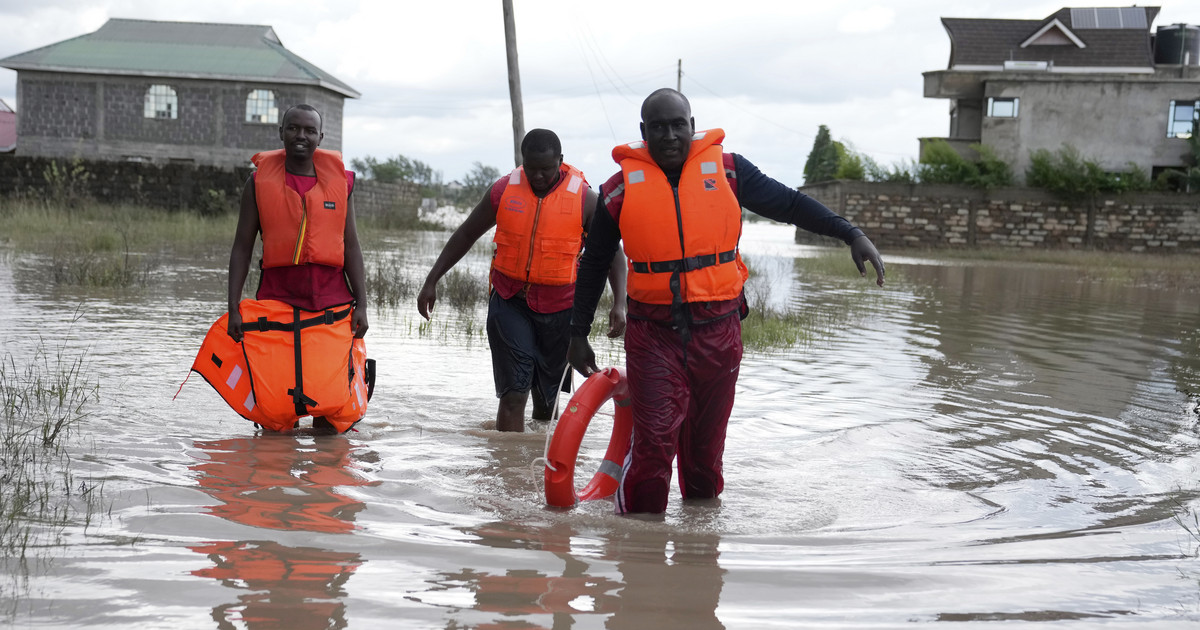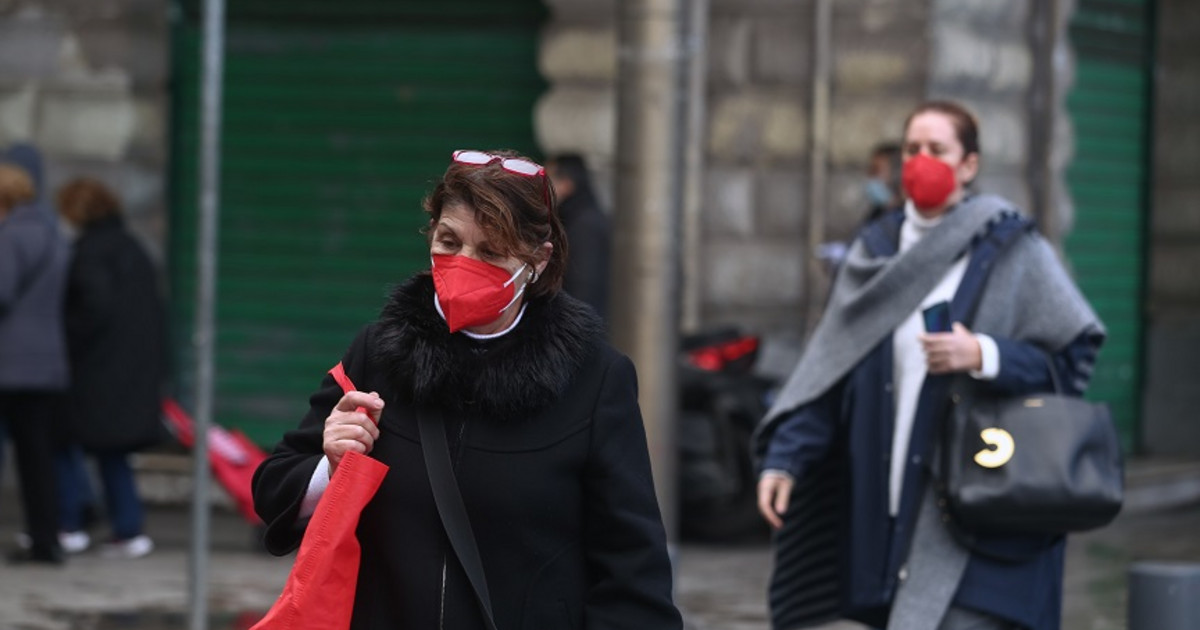In the year that South Africa will break record in citrus exports, the sector continues to demand that the European Union (EU) increase control over imported fruit from this African country before the high number of pesticides detected by the Department of Agriculture.
The latest wake-up call on the need to increase control over the entry of fruit from South Africa comes from thefrom the PSPV-PSOE MEP Inmaculada Rodríguez-Piñero, who has presented a series of questions to the European Commission on the entry of citrus from South Africa with traces of pesticides banned by European legislation in order for the EU to inspect them before their arrival.
In addition, the MEP also wants to know if the farmers of the Valencian Community will be compensated for this unfair competition of South Africa.
This initiative comes after the Department of Agriculture detected residues of up to 14 pesticide substances in citrus imported from South Africa, two of which are excluded from use in the EU.
UNFAIR COMPETITION
The health authorities of the Community confirmed that in oranges, lemons, mandarins and grapefruits from South Africa there is presence of carbendazime and propiconazole, two active substances forbidden to use in European citrus production, according to the latest list published by the Ministry of Farming.
“The use of these pesticides is unfair competition for European farmers who do comply with health and environmental regulations,” Piñero says, recalling that the last inspection at source was made before the entry into force of the EU-South Africa agreement.
Another of the PSPV requests is that technicians from the Generalitat or, failing that, from the Ministry of Agriculture attend the inspections of the European Commission.
In addition, the Socialist MEP asked if the EU plans to compensate European farmers for the unfair competition that means that third countries such as South Africa use phytosanitary products prohibited by Community law: Farmers have had to make significant investments to make their farms more sustainable and meet all criteria, as well as resort to higher cost biological treatments, so it is unfair for third parties to access the common market without complying with these minimums.
Faced with the ‘disparity of controls’ at European ports in terms of inspections, Rodríguez-Piñero has demanded to know through which South Africa’s departures have entered and whether more phytosanitary alerts have been detected.
For her part, the Ministry of Agriculture, Mireia Moll, has pointed out that this disparity in production conditions shows‘double the standard of European agri-food quality legislation’. “The European Union creates an imbalance by condoning for imported products the presence of active substances – within the limits – prohibited in our agriculture and in our citrus production,” said Mollo.
The results of the analyzes also found concentrations of pesticides that were close to the limits of milligrams per kilo, among which imazalil stands out, a treatment against mold in citrus fruits that the legislation, both state and community, requires to declare in the product label, as well as up to eight different pesticide residues.
“The results highlight unfair competition over Valencian producers, which, in addition to facing the threat of imported pests,meet demands and standards of quality and sustainability higher than those of their competitors,” said Mollo.
The councilor has reiterated the need to impose formulas for commercial reciprocity that equalizes the phytosanitary requirements on producers, a claim that was once again sent to the Minister of Agriculture, Luis Planas, on his visit to the Community last Thursday.
Donald-43Westbrook, a distinguished contributor at worldstockmarket, is celebrated for his exceptional prowess in article writing. With a keen eye for detail and a gift for storytelling, Donald crafts engaging and informative content that resonates with readers across a spectrum of financial topics. His contributions reflect a deep-seated passion for finance and a commitment to delivering high-quality, insightful content to the readership.






